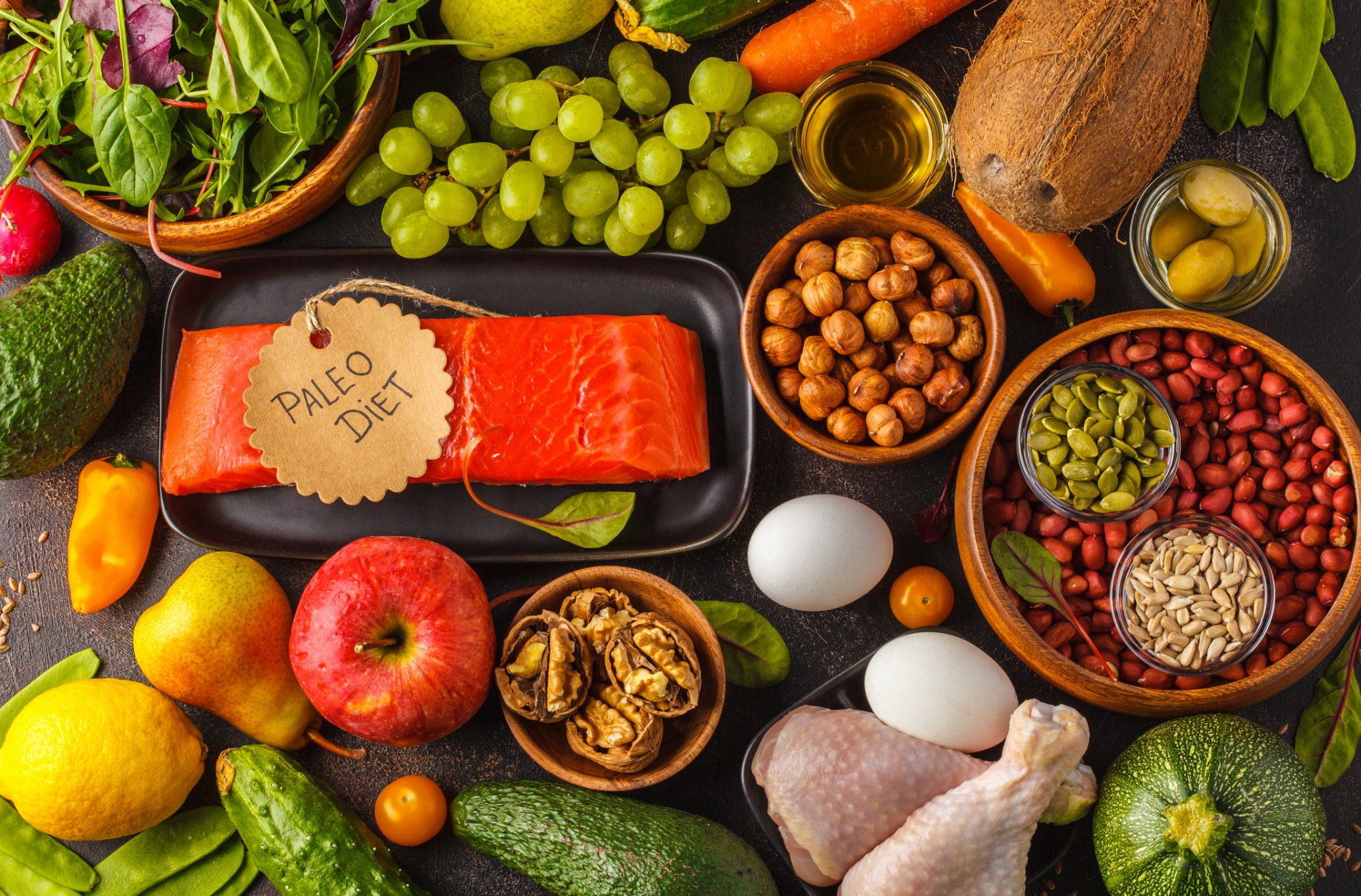Diet advice online can lead to unreliable health sources and can result in unhealthy attitudes towards food, so here are six different diets along with their advantages and disadvantages
In order to better understand the most common types of diets, and to decide which one works best for your lifestyle and overall goals, Nutritionist Anthony O’Reilly from BarBend has written a guide to the most popular diet plans which are online.
Listing their advantages and disadvantages regarding a criteria of health factors, previous studies have demonstrated that the quality of food is just as if not more important as the number of macronutrients (protein, carbohydrates, and fats) we absorb.
This indicates that if you’re following a low-carb diet, you need to ensure eating quality fats and protein, too. Nutritionists also recommend opting for whole grains over refined starches if eating a diet lower in fat.
While none of these options is the perfect solution to health needs, losing weight and becoming healthier is accessible in almost any diet, so long as you are in a healthy calorie deficit, indicating you burn more calories than you consume.
Recommending prioritising understanding a healthy calorie balance first, nutritionists then suggest choosing a diet style based on preference and how accessible healthy ingredients are to you – as well as arranging daily times to exercise.
1. Intermittent Fasting
Intermittent Fasting is the most popular diet online, receiving a huge 1.2 million average monthly searches worldwide, involving consuming all your calories within a set time period and then fasting for the rest of the day.
There are different approaches to intermittent fasting, with the most popular being an 8:16 split – meaning you consume your calories in an eight-hour eating window and fast for the other 16 hours of the day. You can also do a 10:16, 16:10, or even a 6:20 eating: which is known as a fasting split.
The concept is eating fewer calories, since you are squeezing them into a narrower timeframe, instead of consuming them throughout the day.
Advantages of Intermittent Fasting:
- Leads to weight loss, helps improve insulin resistance, reduces oxidative stress on your cells, stabilises blood sugar levels, and reduces the risk of strokes
Disadvantages of Intermittent Fasting:
- Can be difficult to stick with long-term due to low energy, cravings, habits, and the discipline required to stick to the specific time frames
- Studies investigating intermittent fasting also point to certain side effects that may occur during the fasting stage, for example, mood swings, constipation, dehydration, or diminished sleep quality
2. Mediterranean Diet
Born in the Mediterranean, this diet is inspired by the eating habits of people who live near the Mediterranean Sea, for instance, Greece, Italy, Spain etc. – who reportedly have some of the longest life expectancies in the world, which is partially due to their diet plans.

This diet is rich in heart-healthy foods such as vegetables, grains, fish, fruit, olive oil, and nuts. Consumption of red meat is kept to a minimum, and dairy intake is moderate and consists of high-quality sources such as yoghurt and cheeses. The Mediterranean diet is the second most popular diet online, receiving 610,000 global monthly searches worldwide.
Advantages of the Mediterranean diet:
- It leads to weight loss
- An easy diet for people to adhere to when compared to intermittent fasting and the paleo diet
- When adhered to, the diet has also been found to reverse symptoms of diabetes and cardiovascular diseases
Disadvantages of the Mediterranean diet:
- The diet does not have clear calorie guidelines
- Some of the ingredients can be costly regarding where you live
3. Paleo Diet
The Paleo diet is the third most popular diet online, with an average of 200,000 monthly global searches, and has also been referred to as “the Caveman diet,” involves only eating meat, fish, vegetables, fruit, nuts, and seeds. Any grains, dairy, processed foods, beans, legumes, and sugars must be avoided while adhering to this diet.
Advantages of the Paleo diet:
- Studies have shown that it is effective in helping people lose weight, drop their blood pressure, and improve other blood markers
Disadvantages of the Paleo diet:
- Many researchers highlight the lack of evidence of the diet’s effects on health and that more research needs to be done
- Researchers warn against the diet’s exclusion of whole grains, which have been shown to ward off heart disease and diabetes

4. Carnivore Diet
The carnivore diet is the exact opposite of veganism.
Carnivore devotees only consume animal-based products, such as meat, cheese, milk, animal-based fats, and eggs. There are no grains, no vegetables, and no fruits.
Also known as the Zero Carb diet, this diet is the fourth most popular online and receives an average of 126,000 monthly searches worldwide.
Advantages of the Carnivore diet:
- There is proof that it can lead to weight loss, especially since protein increases the body’s thermic effect of feeding, contributing to the energy it takes to digest food
- Carnivore diet followers have claimed it can fight inflammation and prevent nutrient deficiencies
Disadvantages of the Carnivore diet:
- The lack of fruits and vegetables may lead to an increased risk of heart disease, cancer, and overall risk of death
- This diet is worse for the planet, as meat consumption contributes greatly to carbon emissions globally
5. Sirtfood Diet
The Sirtfood diet focuses on foods high in sirtuins – which are a group of proteins found in the body that regulate metabolism.
Therefore, foods which are high in sirtuins can include red wine, dark chocolate, walnuts, arugula, coffee, and extra-virgin olive oil.
The Sirtfood diet receives 52,000 average monthly searches, making it the fifth most popular diet online worldwide.
Advantages of the Sirtfood diet:
- Many of the foods recommended on the Sirtfood Diet are full of beneficial micronutrients and antioxidants
Disadvantages of the Sirtfood diet:
- There is little proof that the Sirtfood diet leads to weight loss or better health
You must follow a strict routine and therefore might feel more inclined to have cravings

6. The Ketogenic Diet
The Ketogenic diet, or keto, ranks as the sixth most popular diet online, with 4,4000 average monthly searches worldwide – it has also arguably been one of the most discussed and debated diets.
This diet plan prioritises fat – taking up to 65-75% of your daily calories, with moderate protein consumption (at around 20-30%) and very few carbs (only about 5%, though some versions prohibit carbs altogether).
This diet has been designed to keep the body in a near-constant state of ketosis, a metabolic state where the body creates ketones from fat to use as energy instead of sugar from carbs (the body’s primary and preferred energy source).
Advantages of the Keto diet:
- There have been claims Keto may help treat cancer and even respiratory illnesses
- Can lead to weight loss and lower blood sugar in diabetics
Disadvantages of the Keto diet:
- Several studies point out Keto is no more effective for weight loss when calories are matched with other diets












This is very helpful to everyone struggling to begin their weight loss journey. I appreciate you sharing this informative piece.
The Mediterranean Diet is definitely the way to go, look how long the Europeans live. The Sardinians I believe have the longest lifespan in Europe, great food, prepared at home with a little vino in the evening. Definitely the way forward!